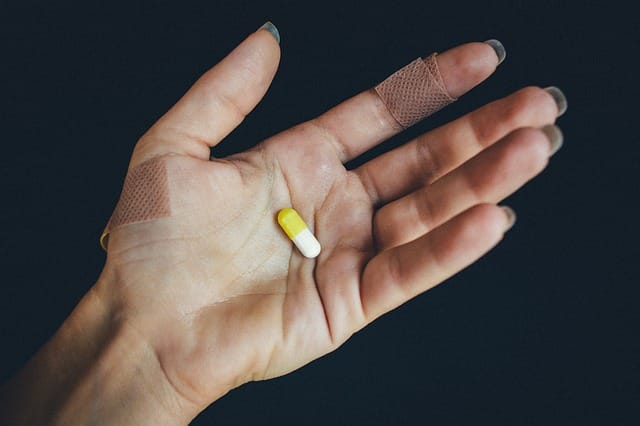Incontinence, the involuntary loss of bladder or bowel control, is a condition that affects many people, but it can be managed effectively with the right techniques and strategies. According to 50PLUS, Whether you’re dealing with urinary or fecal incontinence, a combination of medications, lifestyle changes, and other management techniques can help you regain control and improve your quality of life. In this article, we’ll explore various methods for managing incontinence, from medical treatments to practical lifestyle adjustments.
Understanding Your Options
Before diving into specific techniques, it’s essential to understand that incontinence management often involves a personalized approach. What works for one person may not be as effective for another, so it’s important to work with a healthcare provider to tailor a plan that suits your individual needs.

Medications for Incontinence
Medications can play a crucial role in managing incontinence, particularly if other treatments haven’t been effective. Here are some common types:
- Anticholinergics: These medications help reduce bladder contractions and are often used for urge incontinence. They can help decrease the frequency and urgency of urination.
- Beta-3 Agonists: These drugs work by relaxing the bladder muscle, allowing it to hold more urine. They are another option for managing urge incontinence.
